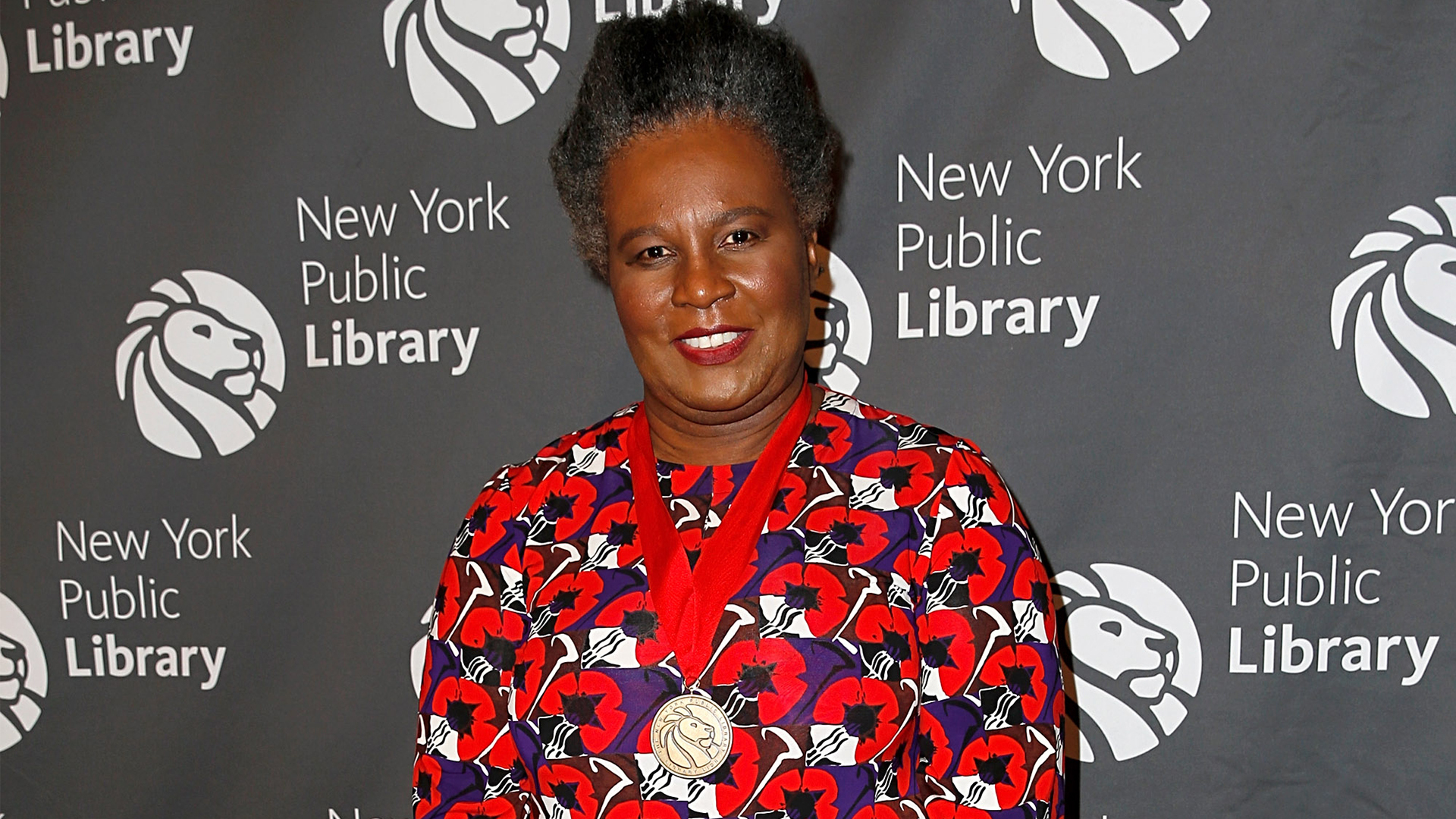It's inconceivable to reflect on 21st-century poetry and prose without mentioning Claudia Rankine. The Kingston, Jamaica-born lyricist is not only a decorated author but also an accomplished editor, lending her editing skills to several books that focus on the intersection of race and expression. The now 58-year-old earned her bachelor's degree at Williams College before setting her sights on a master's of fine arts from Columbia University in New York.
Since her debut work in the early 1990s, Rankine has gone on to earn accolades from the Academy of American Poets, the National Endowment for the Arts and many more organizations. In addition, students at the University of Houston, Case Western Reserve University, Pomona College and Barnard College have the benefit of calling her a one-time professor.
She's one of the few poets still worth studying, and ahead are five works that provide a well-rounded portrayal of both tone and central themes across her writing.
1. Plot
Her third collection of poetry, Plot, is about mother-to-be Liv and husband Eurland, and a dilemma about the former's hesitation to bring a child into a complicated world. Rather than relying on conversations to drive the story, Rankine employs fantasy, self-examination and memories to help readers understand life from its inception.
2. The White Card: A Play
Like most of her works, The White Card: A Play deals with having uncomfortable discourse on race. The two-scene play follows Yale graduate and revered artist Charlotte Cummings' interactions with Virginia and Charles, an equally successful pair from Manhattan who make a pitch for Cummings to sell her projects to them. While reading and studying, it really is worth wondering: Will we as a society ever be ready to have constructive but necessary conversations about race and prejudice?
3. Citizen: An American Lyric
Published in 2014, Citizen is divided into seven sections and each chapter is communicated through various verbal mechanisms, like prose, poetry and essay. Because there's no dedicated table of contents, readers are forced to chart their journey while interpreting the text.
Citizen chronicles racism from every perspective, from the painful reminder of everyday microaggressions to the final chapter on how race plays into language and our bodies. The tone shifts from wrath to exhaustion and everything in between, but perhaps that remains a painful reminder of the emotions Black Americans have and will continue to face daily.
4. Weather
This poem details the disarray of the ongoing COVID-19 pandemic and draws parallels with the May 2020 shooting of George Floyd.
“Weather” becomes a motif for not only the complicated bureaucratic affairs in this country but also the ongoing strife of systemic racism and violence at the hands of the police. Rankine writes:
Eight minutes and forty-six seconds / In extremis, I can’t breathe gives way / to asphyxiation, to giving up this world, / and then mama, called to, a call / to protest, fire, glass, say their names, say / their names, white silence equals violence
The essayist references the time Derek Chauvin kneeled on Floyd's neck and, as he slowly passed away, called out to his mother.
Like the majority of her work, "Weather" opens the floor for reflection and introspection on how we as a community continue to grapple with these traumatic events that don't appear to be going away but rather worsening.
5. Nothing in Nature Is Private
Her very first anthology, the 1994 project contains more short works yet still tackles the complex subject of racial identity. As a Jamaican immigrant, Rankine perhaps uses her upbringing in her debut work to tell the story of a 20th-century immigrant's strife, and while these poems are shorter than her other works, it nonetheless gives audiences what they'll expect from the talented editor.
Claudia Rankine's wisdom and literature is a gentle reminder that while we may understand race and societal issues at a surface level, we still have a lot more to uncover.
